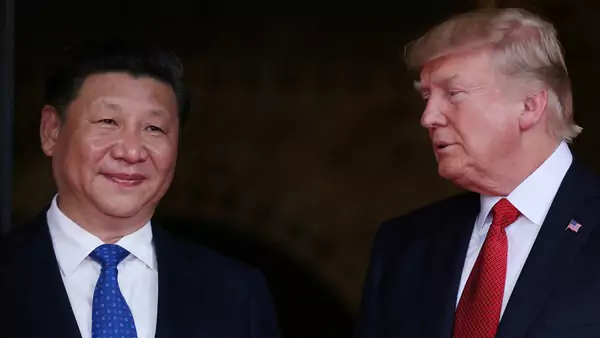Southeast Asian Perspectives on U.S.–China Competition
From the Lowy Institute and the Council on Foreign Relations

August 2017

- Report
In April 2016, the Lowy Institute and the Council on Foreign Relations' International Institutions and Global Governance program held a workshop on Southeast Asian perspectives on U.S.–China competition, which informed this publication. That workshop was made possible in part by the generous support of the Robina Foundation. This report is a collaboration between the Lowy Institute and the Council on Foreign Relations. The views expressed in this report are entirely the authors' own and not those of the Lowy Institute, the Council on Foreign Relations, or the Robina Foundation.
Overview
More than any other region, Southeast Asia has become a venue for strategic competition between the United States and China over the past decade. The People’s Liberation Army challenges the U.S. military’s dominance in the South China Sea, American and Chinese diplomats face off over the nature of the regional order at summits in Southeast Asian capitals, and leaders of both countries tour the region touting the relative advantages of economic engagement with one over the other.
More on:
Too often, however, Southeast Asian perspectives on U.S.–China competition have been regarded by analysts and policymakers in both Washington and Beijing as peripheral to debates over that competition and the future of the region. In Washington, China specialists naturally dominate the conversation about the future of the region; likewise in Beijing, policymakers focus on understanding American views of the region more than they do on the region’s view of itself.
Yet Southeast Asians are the ones who inhabit the region that U.S. and Chinese competition will shape over the years to come. And as Cambodia’s chairmanship of the Association of Southeast Asian Nations (ASEAN) in 2012 and the Philippines’ pursuit of arbitration over the South China Sea disputes from 2013 to 2016 have demonstrated, Southeast Asian governments will also shape that competition and their region.
In order to explore and elevate Southeast Asian perspectives on U.S.–China competition, the Lowy Institute and the Council on Foreign Relations convened nearly two dozen Southeast Asian scholars and policymakers from around the region to discuss their perspectives and those of their governments at a 2016 conference in Singapore. This report, jointly published by both organizations, is a distillation of some of the insights produced by the conference.
No such report can fully capture the region’s diversity; the ten states of ASEAN boast vast differences in population, economic development, political system, culture, and geography. The report nevertheless attempts to put forward a representative sample of the insights of some of the region’s most percipient scholars on some of the most important issues to Southeast Asians today.
More on:
 Online Store
Online Store

